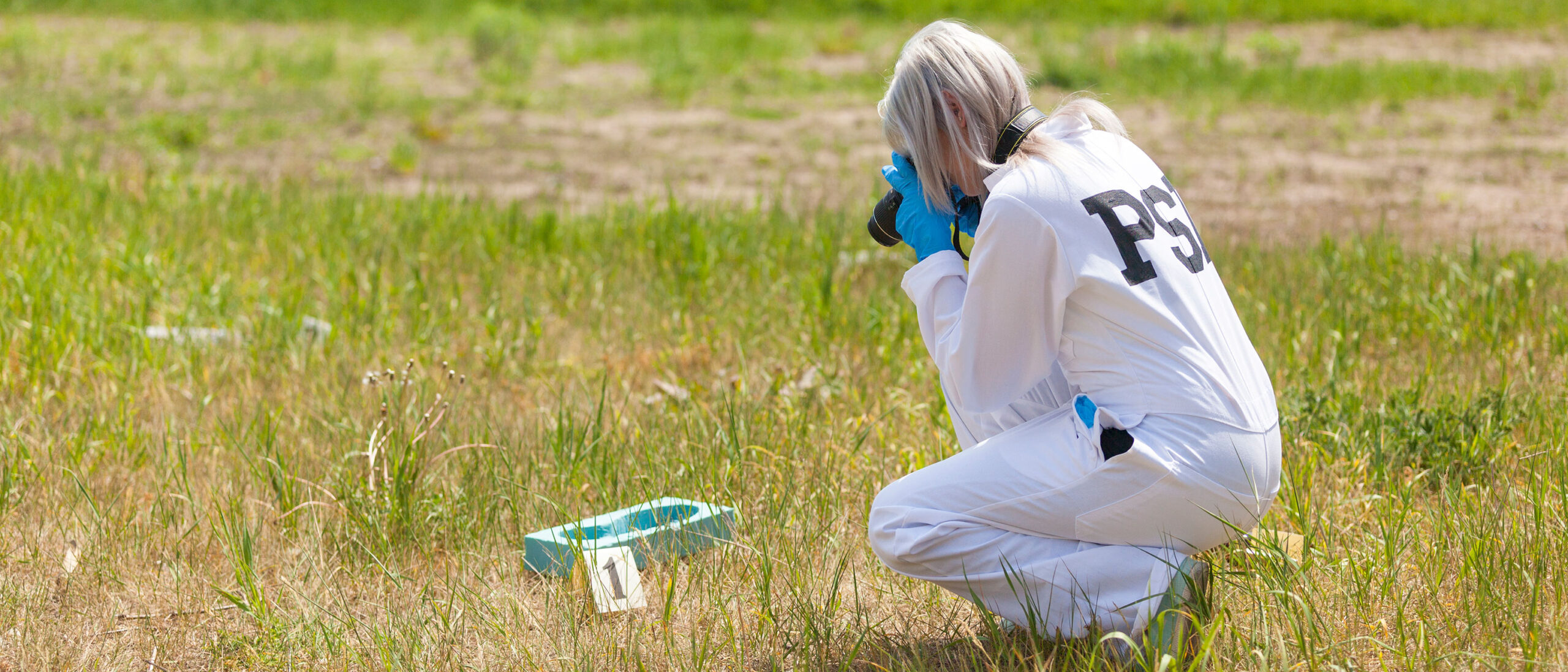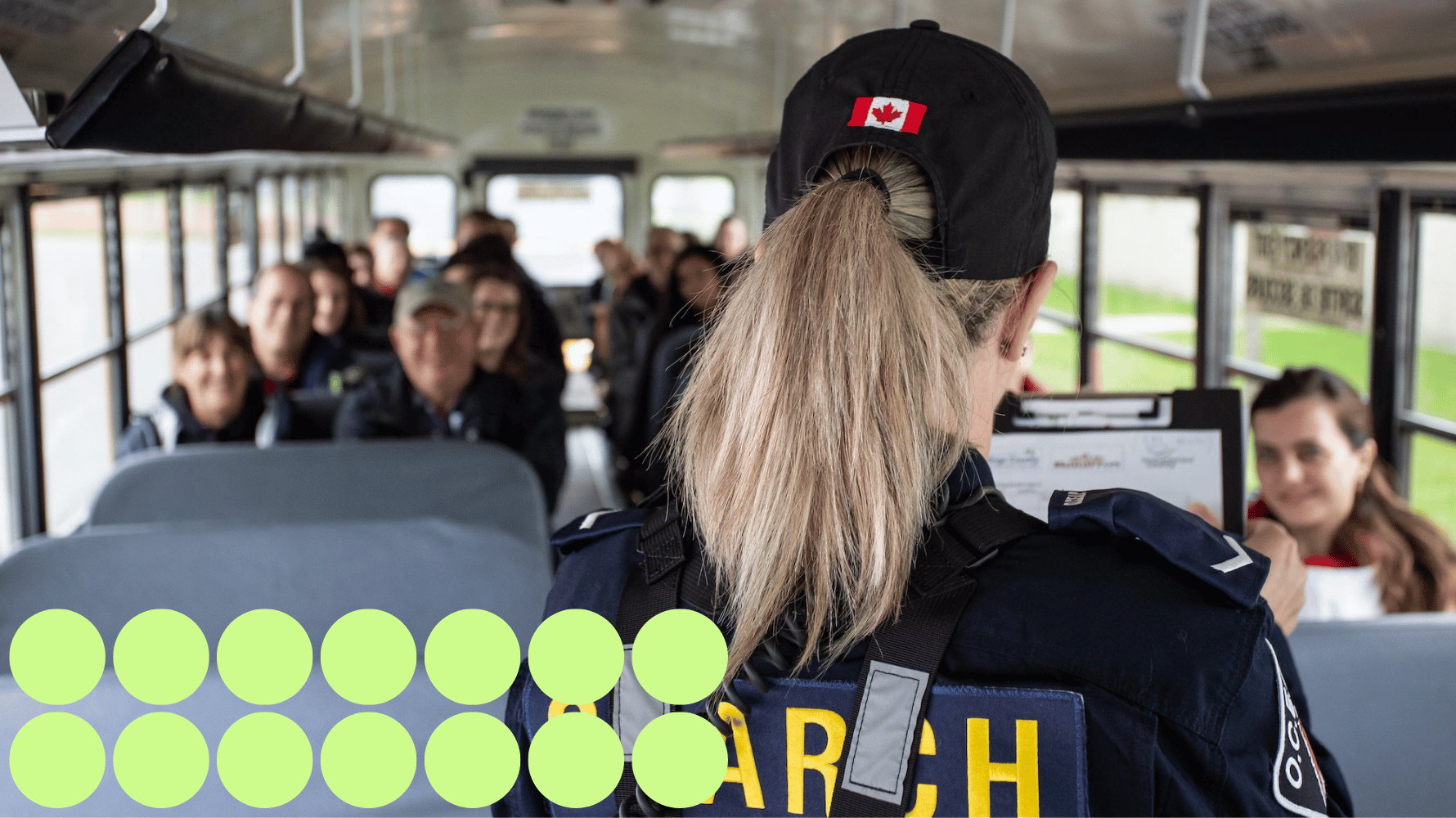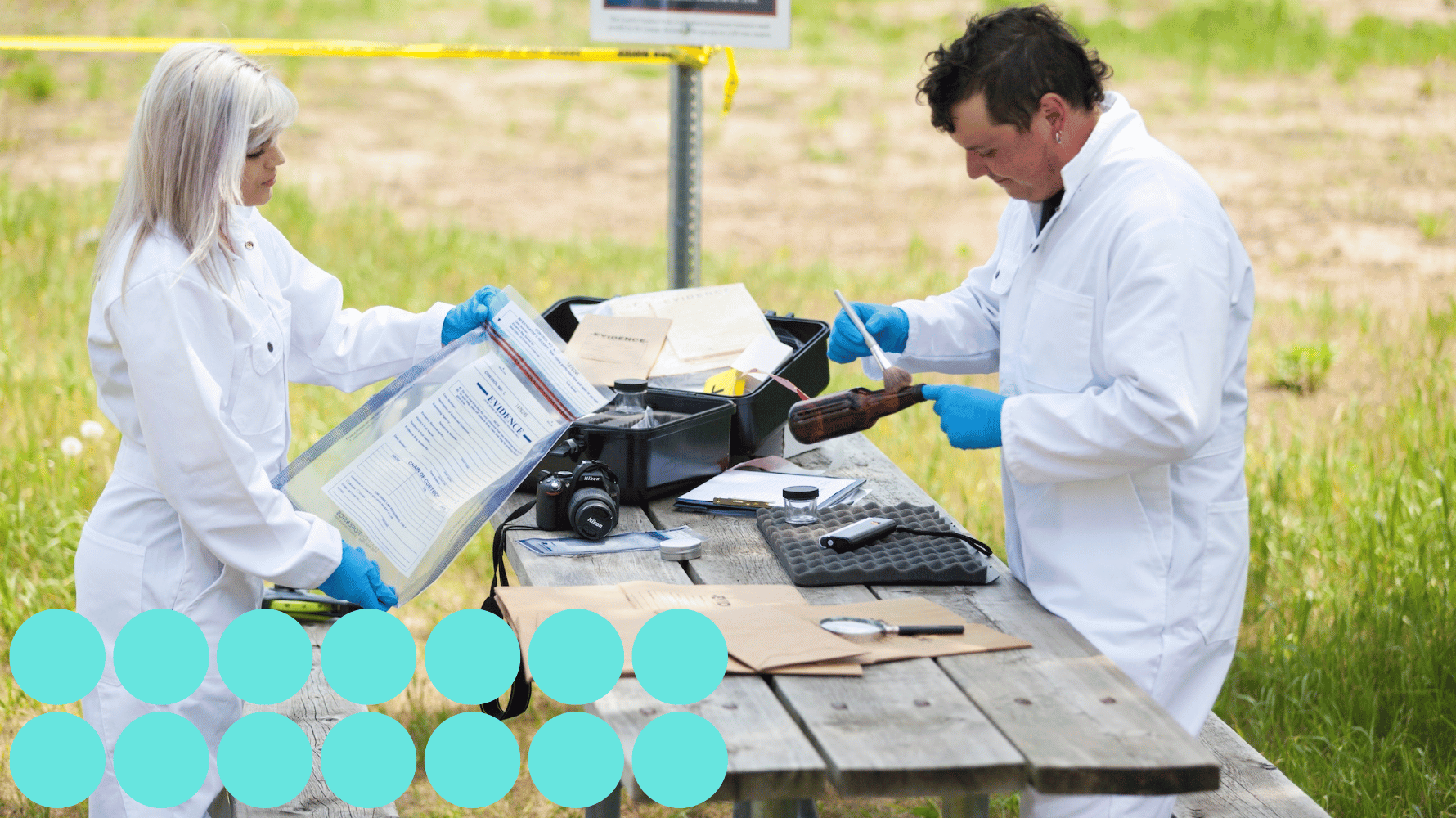Find your career
Your diploma will prepare you for a variety of careers with:
- The private or public law enforcement sectors as a special constable.
- The Alcohol and Gaming Commission of Ontario as inspector, municipal by-law enforcement officer, private investigator, fraud/risk analyst, nuclear security officer or emergency planner.
- The Military Police, governments, hospitals, universities, casinos, transit authorities, private security and investigation firms.
- Provincial and federal corrections agencies, Canada Border Services, police services and the RCMP.
- The mandatory Ministry of the Solicitor General 40-hour Security Guard training and 50-hour Private Investigator training are included at no additional charge in the program curriculum. This training is required to become a licensed Security Guard and/or Private Investigator in the province of Ontario.
Our grads get great jobs
- Inspector, Alcohol and Gaming Commission of Ontario
- Protection Officer, Parliamentary Protective Services Fraud Analyst, Interac
- Nuclear Security Officer, Ontario Power Generation
- Security Guard, CN Tower, Toronto
- Police Officer, Belleville Police Service
- Border Services Officer, Canada Border Services Agency
- Security Guard, Belleville General Hospital, Kingston Health Sciences Centre
- Special Constable, Ottawa Carleton Transportation, Toronto Transit Commission, University of Toronto, Carleton University, Private Investigator, Xpera
- Correctional Officer, Ontario Correctional Services, Correctional Service Canada
- Military Police Officer, Department of National Defence/Canadian Armed Forces
- Municipal Law Enforcement Officer, City of Belleville, City of Ottawa, City of Kingston, City of Quinte West, Prince Edward County
- Brinks Armoured Transportation
Is it for you?
Have you got what it takes? People who thrive in Protection, Security and Investigations have:
- An excellent eye for detail
- Strong oral and written communication skills
- An interest in the latest gadgets
- A positive attitude and a good work ethic






